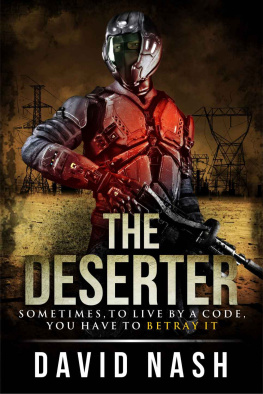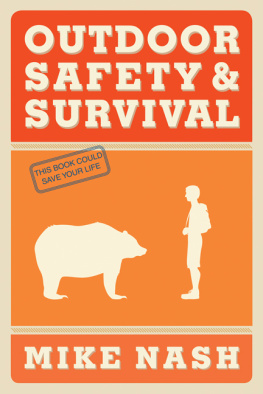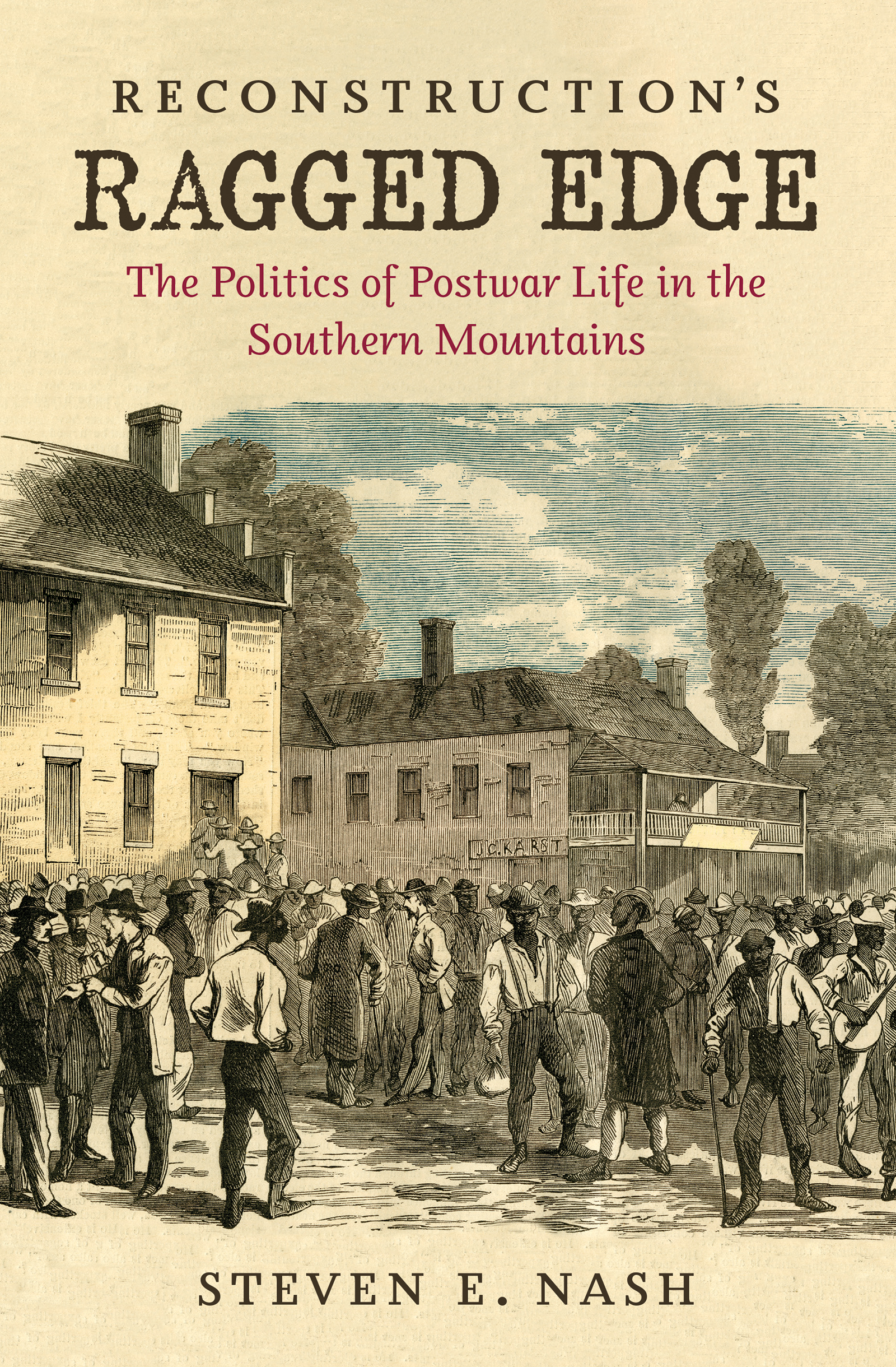3 Gubernatorial and Constitutional Election Results in Western North Carolina Counties, 1868
Acknowledgments
During the time I spent working on this project, I heard many different metaphors for writing a book. Among my favorites are It is not a sprint; it is a marathon and It is like a child that you raise, then send off into the world hoping that others see the same beauty in it that you do. Whichever metaphor you may prefer, the simple fact is that no work of this lengthin time and pagescan be accomplished alone. It takes a village, so to speak.
The debts that I owe John Inscoe transcend academics. His patience, kindness, and friendship made every stepeven the less certain onesfrom graduate student to professional historian easier. His faith in me and this project never wavered. In my opinion, he ranks among the very best of us who are fortunate to call ourselves historians. He is a shining example of a principled scholar who is also a great colleague and an even better person. This projectto say nothing of me as a scholar, teacher, and personis better thanks to Johns influence.
Peter S. Carmichael took a raw masters student and taught him to write. I thank Pete for teaching me how to be a professional historian and to appreciate economy in prose. Most importantly, Pete instilled in me the belief that being a historian is a job like all others and to always remain humble.
After Pete taught me to write, Stephen Berry taught me how to rewrite. Steve joined this project at an early stage, and I am lucky that he did. Not only does he have a talent for careful, complex analysis, but, for my money, he is one of our professions best writers. From him, I have managed to discover more of my own authorial voice and embraced the freedom to push conventions a bit. Others who offered me guidance included Ronald Butchart, Paul Sutter, and James Cobb. Ron is a foremost authority on the Freedmens Bureau and education, and he shared his insights with me graciously. Paul introduced me to environmental history and supplied several useful thoughts that helped make this a better book. If anyone knows more about the U.S. South than James Cobb, I have never met that person. His scholarship, his support, and his critical assessment of my work have made me a better historian.
Working with the staff at the University of North Carolina Press has been a dream. Series editor Aaron Sheehan-Dean went out of his way to keep me in the loop at every step of the process. Once I began working directly with the press, Mark Simpson-Vos was a huge help. I flatter myself by thinking I may have been a low-maintenance author, but every first-time author has questions and concerns, and Mark and his staff answered each one with unflagging enthusiasm and alacrity. Aaron Sheehan-Dean and Aaron Astor served as the readers for the press, and I cannot say enough about their feedback. All you can ask as an author is that your readers give your work a close, careful read. They did more than that; both of them also offered significant ideas for how to improve the book and I thank them for it.
A number of scholars provided valuable feedback at conferences and other meetings over the years. Paul Escott, William Barney, Gordon McKinney, Ronald Eller, Kathy Newfont, David Whisnant, Anne Mitchell Whisnant, Kevin Young, Sam McGuire, Luke Manget, Darin Waters, Dan Pierce, and Richard Starnes all offered suggestions and ideas. I appreciate their thoughts about how I could improve this book and their support at the various stages of this project as well.
Archivists at the University of North Carolinas Southern Historical Collection, the North Carolina Office of Archives and History, Duke University, Appalachian State University, and the National Archives made researching this project a delight. I greatly appreciate their time, helpfulness, and patience as I slowly figured out what it was that I needed.
Various friends and colleagues also deserve mention. Bruce Stewart has been a roommate, a writing critic, and a best man for me at different stages of this project. He has read sections of this book, and his comments as well as his own work on western North Carolina have been invaluable. I have known Barton Myers since he was an undergraduate, and I dare say that his enthusiasm for and commitment to Civil Warera scholarship have only grown over time. Judkin Browning, Min Song, Ichiro Miyata, Lain Hughes, Chris Manganiello, Bert Way, Mary Ella Engel, Justin Nystrom, Aaron Safane, David Cotton, and others made Athens a special place. Finally, a special mention to my beloved Beer Team: LaShonda Mims, Jim Gigantino, Jenny Schwartzberg, Jennifer Wunn, Zac Smith, Kathi Nehls, and Tammie Rosser. You are the best. I value your friendship, respect each of you deeply, and admire the way that you have kept Jason Manthornes memory alive. For the uninitiated, Jason was the best of us (hence Beer Team captain). He left a huge void that many of you might never recognize but we feel every day.


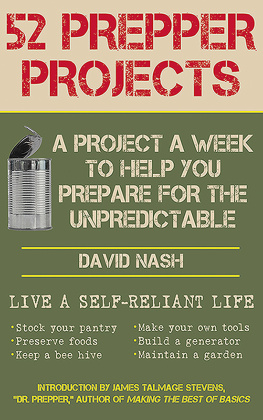

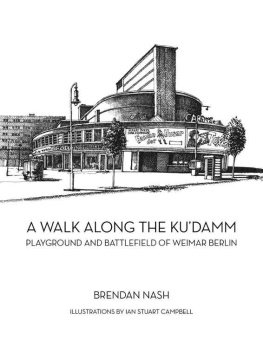

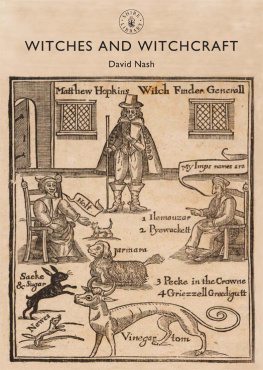
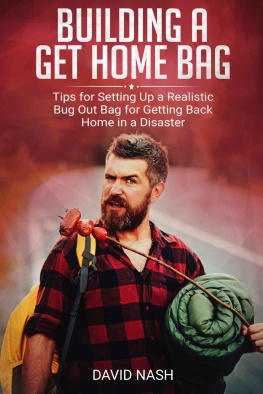
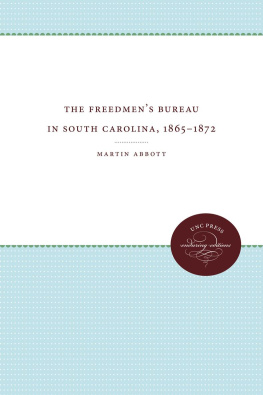
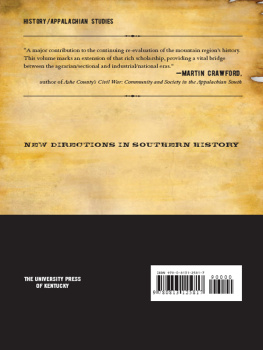
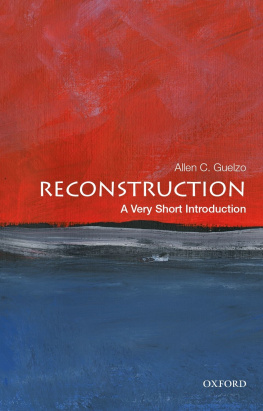
![Alcott - Louisa May Alcott: [a personal biography]](/uploads/posts/book/163779/thumbs/alcott-louisa-may-alcott-a-personal-biography.jpg)
